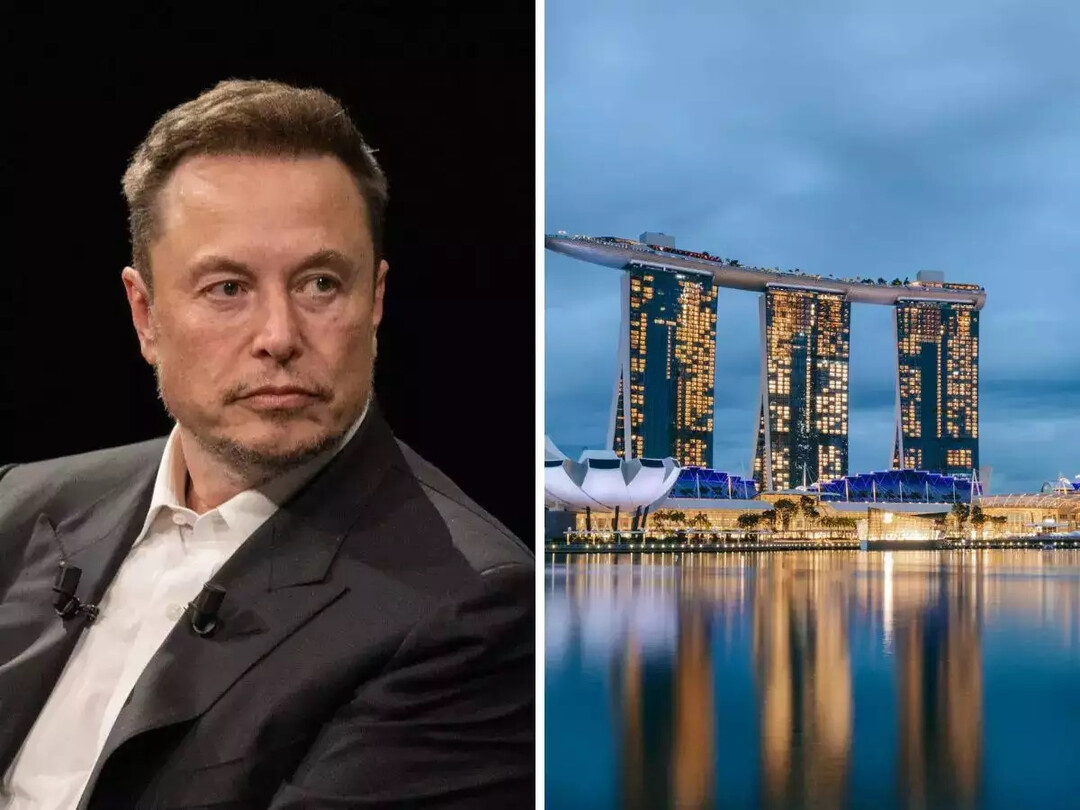
SINGAPORE - Despite the mounting political controversies surrounding Tesla CEO Elon Musk and their impact on the brand's global sentiment, Tesla's presence in Singapore remains remarkably robust. Data from the Land Transport Authority (LTA) reveals a significant increase in new Tesla car registrations in Singapore for January and February 2024, with 262 units sold, up from 137 during the same period in 2023.
This surge in sales contrasts sharply with the global trend where Musk's transition from an entrepreneur to a politically charged figure, particularly his support for former U.S. President Donald Trump and his role in government efficiency initiatives, has led to a notable decline in Tesla's brand perception. Tesla's stock has plummeted nearly 40% in recent weeks, and protests have erupted outside showrooms in the United States, accompanied by reports of vandalism and buyer's remorse.
Local Owners Unfazed by Global Politics
Singaporean Tesla owners, however, appear largely unconcerned by the political turmoil. Many assert that their purchasing decisions were driven by the vehicle's technological advancements and performance, rather than the CEO's political affiliations.
Alvin Khoo, a Tesla Model Y Long Range owner, stated, "Politics are macro factors with only temporary effects. What matters are the intrinsic qualities of the car – its technology and comfort. That's what influenced my purchase."
Similarly, accountant Malcolm Loh, who has owned a Tesla since 2022, emphasized the car's value for money. "My choice had nothing to do with Elon. It's about the product's value," he said, noting the absence of discrimination against Tesla owners in Singapore. He also mentioned that the decrease in global demand may lead to lower prices in the future, which would be a positive.
Another owner, Jason, expressed concerns about resale value due to the brand's image but remained optimistic about the robust Singaporean car market. He also added he will be switching to a Chinese EV brand due to technical issues he has experienced with his Tesla.
Sociological Insights and Potential Future Impacts
Sociologist Tan Ern Ser from the Institute of Policy Studies explained that the disconnect between global sentiment and Singaporean consumer behavior could be attributed to a general detachment from U.S. politics. “Not everyone is following US politics closely, neither do they see it as relevant,” he said.
However, he cautioned that this indifference might change if U.S. political decisions, such as potential tariffs, begin to directly impact Singapore's economy. "It may eventually catch up with Singaporeans if or when the effect of Trump's tariffs hit our economy," he warned.
Tan also highlighted the increasing politicization of consumer goods in polarized environments. "A car will eventually no longer be just a car, but a political object," he noted.
Market Dynamics and Future Outlook
Despite the global headwinds, Tesla's sales in Singapore continue to thrive, driven by the vehicle's inherent appeal and the relative insulation of the local market from international political controversies. However, the long-term impact of Musk's political involvement on Tesla's brand and resale value in Singapore remains a point of concern for some owners. As the global landscape evolves, the resilience of Tesla's market in Singapore will be closely monitored.
[Copyright (c) Global Economic Times. All Rights Reserved.]




























